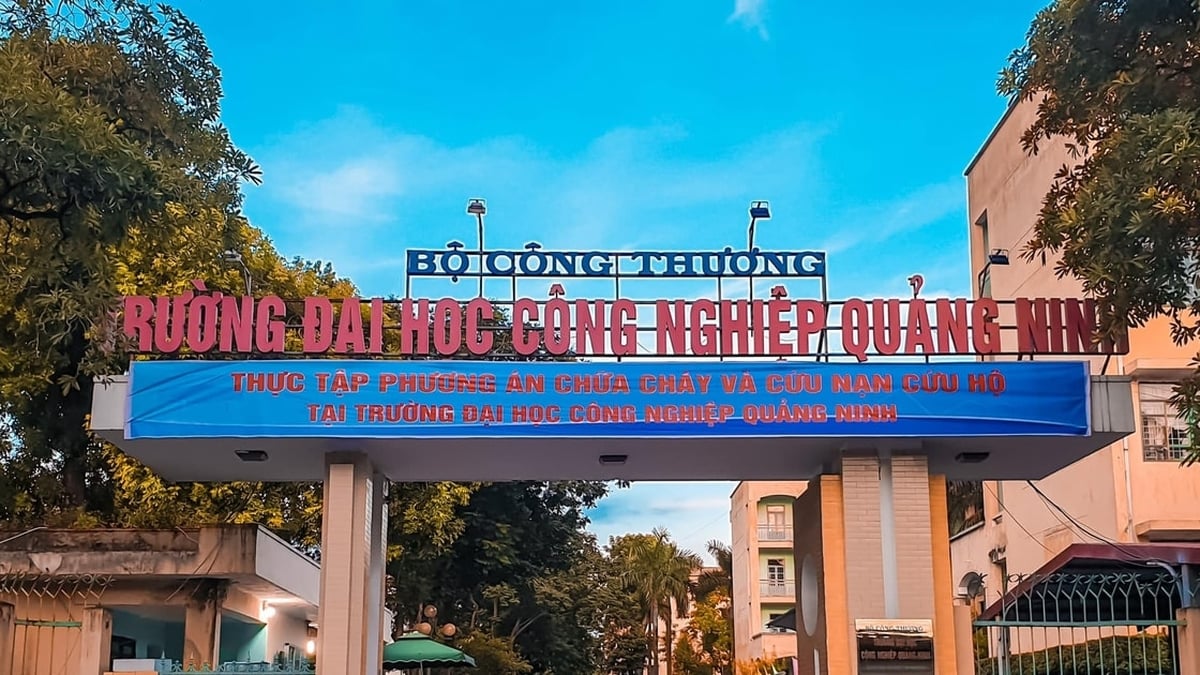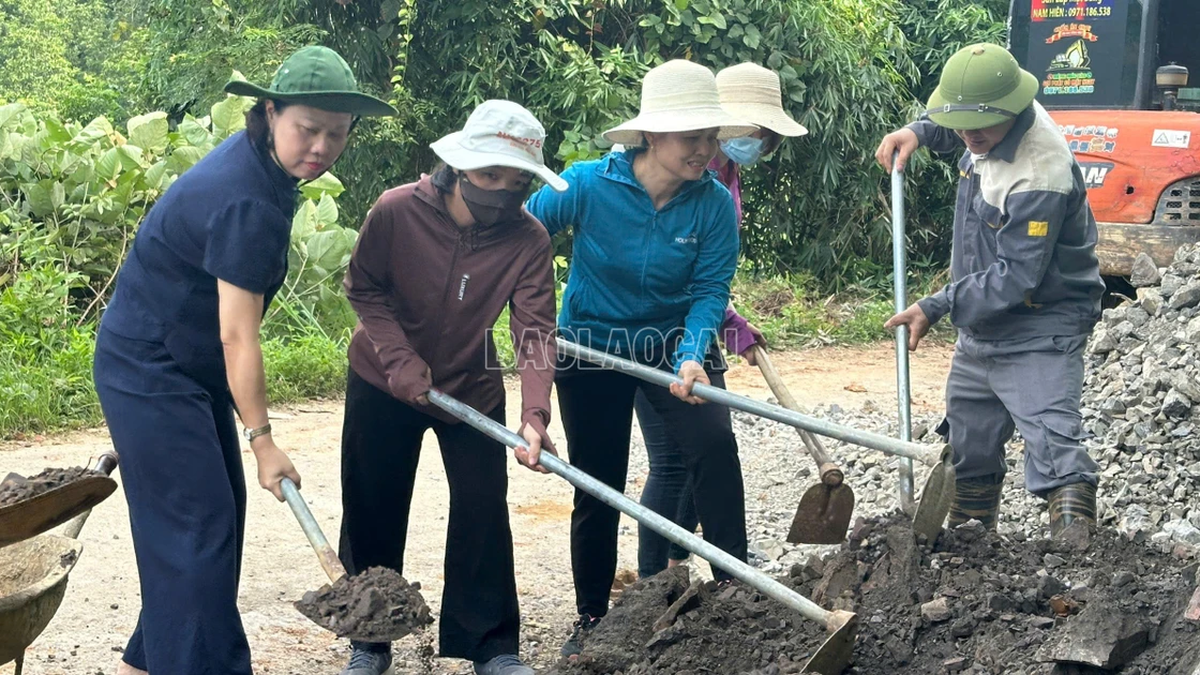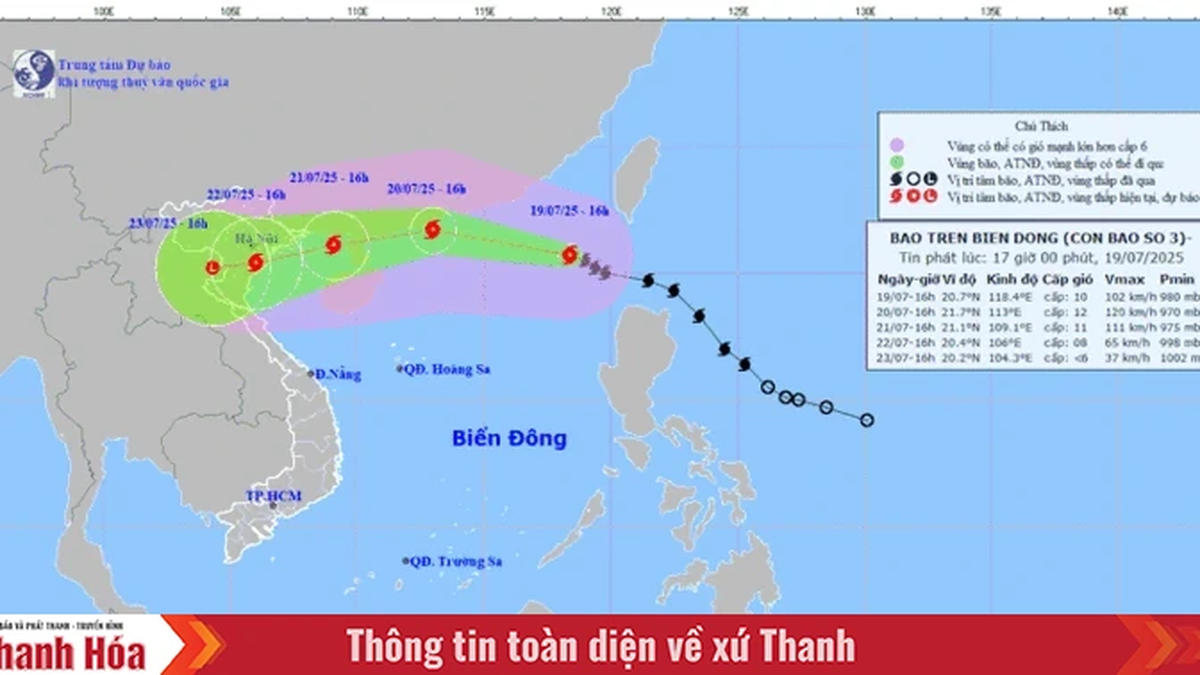SGGP
As Asia shifts to high-tech manufacturing, economists have urged Africa to step up and fill the “low-cost manufacturing” void left by Asia. But to make the transition less costly, Africa needs to learn from the Asian tigers.
 |
| Female garment workers in Ethiopia. Photo: African Development Bank |
Since the 2000s, many of Africa’s leading economies have enjoyed high growth rates thanks to the exploitation of natural resources for export, such as oil, natural gas and coal. But growth based on natural resources is vulnerable to global price fluctuations. In addition, economists warn, there are other limitations such as weak linkages with domestic economies, low job creation, negative impacts on local communities and climate change.
In contrast, economists see growth driven by low-cost manufacturing, which produces goods for export, as more conducive to development because it is globally competitive and can create many low-wage jobs. This is the path that led Singapore, South Korea, Taiwan, and Hong Kong to prosperity and earned them the nickname “Asian Tigers.” These economies relied on it in part to achieve prosperity, with high growth rates of at least 7% between the 1950s and 1990s.
Indeed, many African countries have become heavily reliant on textiles, food, and beverage production. Between 2005 and 2014, manufacturing output across the continent more than doubled, from $73 billion to $157 billion. That’s faster than the global average. Kenya, which produces textiles in export processing zones for export to the United States and South Africa, Botswana, which is trying to diversify its economy away from minerals, and Mauritius, where service exports have taken root.
But if it follows the same pattern, Africa could face increased discrimination, rising inequality and a crisis in family life. These are lessons that Africa’s fastest-growing economies should learn from the Asian tigers, which relied heavily on women’s labor as a concrete asset that was cheap, productive and easily controlled. Older figures from the 1980s show that women in Asia enjoy very low wages, poor working conditions, frequent dismissals and a lack of union rights and protections. In addition to the risks of unstable incomes, no access to health insurance or social safety nets, women also bear the double burden of work and caregiving responsibilities…
Many factors have led to a crisis in social reproduction in Asia. African countries often lack state support for family and community care. Rising inequality is already a feature of many African countries. In the absence of state policies to regulate wages, such inequalities are likely to deepen. To limit the impact, African analysts and policymakers should promote fair and progressive wages and working conditions for all workers; greater public investment in infrastructure and social services; and policies that support the reallocation of labor.
As Asia's experience has shown, a lack of policy action will exacerbate existing inequality and gender discrimination in Africa, and ultimately undermine the essential social basis of economic growth, according to Asia Times.
Source

































































































Comment (0)